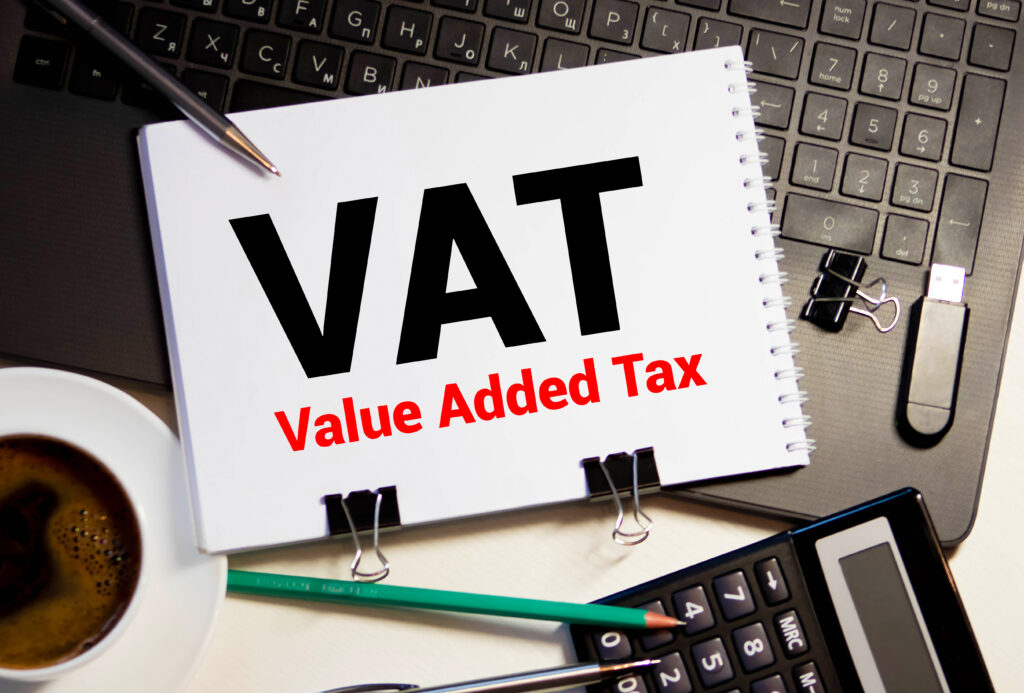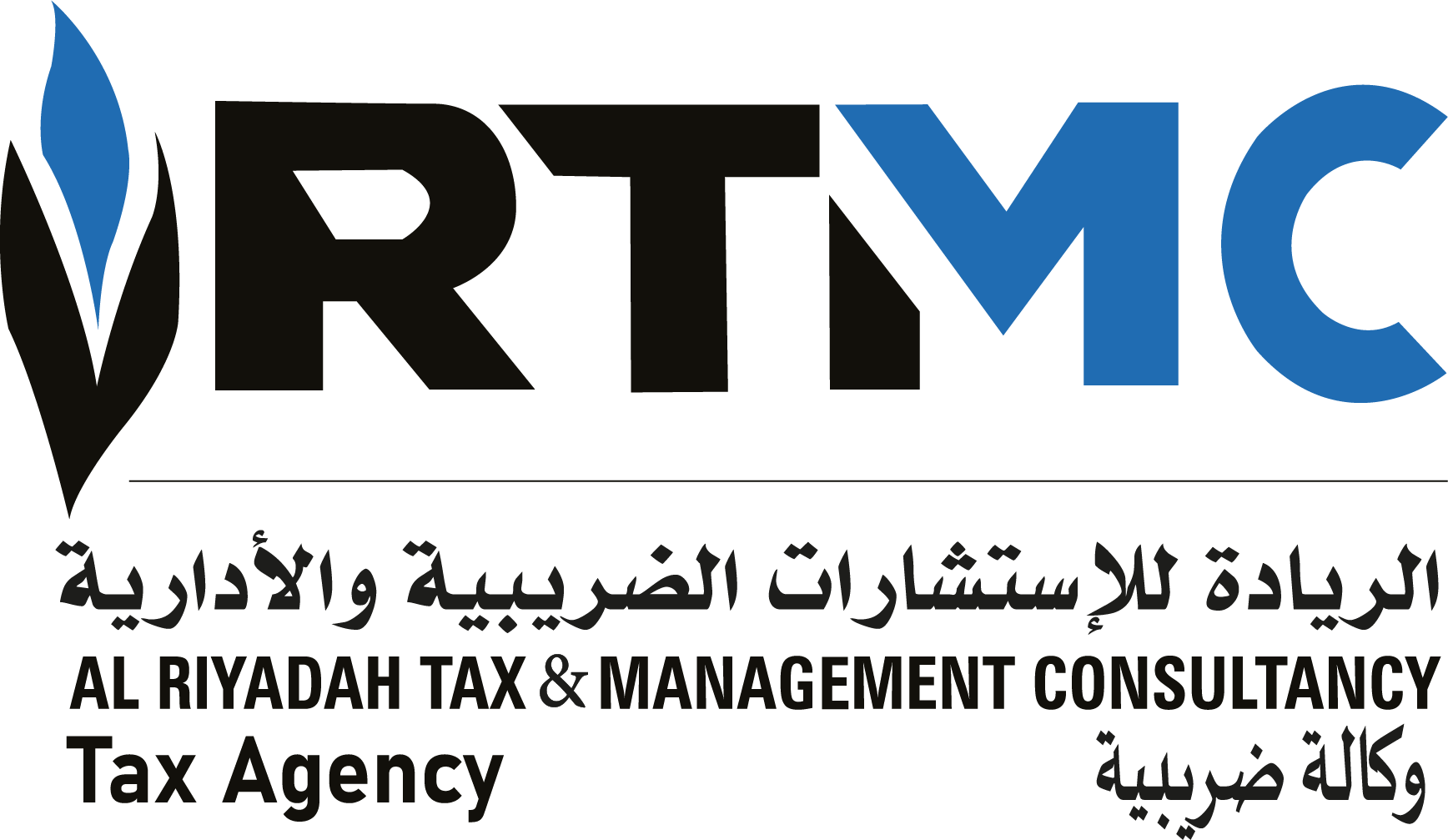

Introduction to Tax Returns
Tax returns are legal documents that individuals and businesses must submit to tax authorities. Their purpose is to report all relevant tax-related information, usually including income earned over a specific period and eligible deductible expenses, helping determine the tax amount owed. Preparing tax returns is an essential part of the financial obligations of any entity or individual, as it facilitates the relationship between taxpayers and tax authorities.
The importance of these returns lies in their reflection of compliance with local and international tax laws, protecting individuals and businesses from potential financial penalties. Submitting tax returns on time helps avoid legal issues resulting from delays or omissions. For example, failing to submit individual or business tax returns on time can lead to fines or even more severe legal actions.
Additionally, taxes serve as a primary revenue source for governments, funding public services and infrastructure. Hence, preparing tax returns signifies social responsibility. Individuals and companies should work with a tax agent or professional advisor to ensure accurate submissions and compliance with all legal requirements. Proper submission of these returns facilitates future tax processes and ensures individuals and businesses avoid potential tax-related risks.
Types of Tax Returns
There are various types of tax returns that individuals and businesses need to file, which can be categorized based on their nature and tax objectives. Among them, income tax is one of the most important, as it applies to profits and salaries. The government requires individuals and businesses to complete income tax returns periodically to determine the owed tax amounts according to each individual or entity’s financial standing.
In addition to income tax, value-added tax (VAT) is a major tax system applied in many countries. VAT is imposed on goods and services at different stages of sale and distribution. Businesses must submit VAT returns regularly, promoting financial transparency and providing accurate reports to tax authorities.
Other taxes may require special oversight, such as property taxes and capital gains taxes. These taxes help manage acquired assets and generate additional revenue from specific transactions. Each tax type requires detailed returns, determining owed amounts and often supervised by a tax agent if complexities arise or specialized advice is needed.
Individuals and businesses should be aware of each type of tax return and its potential impact on their financial situation. This awareness improves responsiveness to tax authorities, helping avoid unpleasant surprises resulting from errors or missed filings.
Required Documents for Tax Return Preparation
When preparing tax returns, gathering necessary documents is crucial to ensure a smooth and effective process. The first set of information includes financial documents, such as bank statements and financial statements for businesses or individuals. These documents reflect the financial state accurately and help calculate income correctly.
Additionally, collecting invoices for all purchases and expenses incurred during the tax return preparation period is essential. These invoices contain valuable information, such as VAT paid, which must be clearly recorded when preparing tax returns. Taxpayers should carefully retain these invoices, as they can support any deductions or tax exemptions.
In addition to financial documents and invoices, gathering other supporting documents like previous tax certificates, tax refund information, and any relevant contracts or agreements is also necessary. These documents aid a tax agent in organizing and presenting information in an orderly fashion, reducing the likelihood of errors or issues with taxes.
Ultimately, ensuring the presence and completeness of all required documents is a key element of accurate and effective tax return preparation. This step guarantees not only proper submission but also prepares you for any inquiries that may arise from tax authorities.
Steps for Preparing Tax Returns
Preparing tax returns is an essential task for complying with tax laws, including VAT. This process begins with gathering the necessary documents, which include financial statements, annual reports, invoices, and paid expenses. Organizing these documents sequentially can simplify access during form completion.
After gathering documents, taxpayers must clarify their income sources, including revenue from business activities or other sources. Reviewing accounts is beneficial to ensure accuracy and avoid mistakes. At this stage, a specialized tax agent may also guide you regarding local laws and how to calculate owed taxes.
Once data is collected and analyzed, it’s time to fill out the tax return forms. Being careful and accurate when entering information is crucial, as errors may lead to future issues with tax authorities. It is advisable to read the instructions attached to each form carefully. After completing the form, double-checking all details ensures accuracy before submission.
Be mindful of the deadlines for submitting tax returns, as adhering to deadlines is vital to avoid possible fines and penalties. Once all data has been verified for accuracy, the return can be submitted through approved channels, whether electronic or paper-based, making tax record registration easier.
The Importance of Accuracy and Professionalism
Accuracy and professionalism are core elements in tax return preparation. Errors in the submitted information can have serious consequences, whether concerning financial security or legal aspects. Entering inaccurate numbers or submitting incorrect information may result in additional taxes or fines, creating a burden for individuals and businesses alike.
Applying high standards of accuracy in tax return preparation helps avoid such issues. Tax agents, in particular, should be well-trained and knowledgeable about local tax laws. They should possess data analysis skills and the ability to organize information at a high quality. Otherwise, companies may face issues with tax authorities, negatively affecting their financial reputation.
VAT requires careful handling during reporting, as any miscalculation can lead to costly results. Therefore, it is advisable to review information thoroughly and seek assistance from professionals if unsure about proper preparation. Working with a professional tax agent can help individuals and businesses avoid potential tax issues and enhance the accuracy of their returns.
In summary, focusing on the accuracy of information during tax return preparation is not just an ethical responsibility but a vital measure to avoid financial or legal burdens. Accuracy and professionalism are thus the foundation of successful tax processes overall.
Using Technology in Tax Return Preparation
Technology has become an essential element that greatly facilitates tax return preparation. Advanced accounting software has simplified procedures, making them more accurate, allowing individuals and businesses to prepare tax returns more efficiently and quickly. Leading accounting software offers specialized tools for managing accounts and providing advice on VAT.
Mobile applications also play a vital role in tax management. They offer access to tax information anytime, anywhere, making it easier for users to track important dates, calculate tax values, and gather required documents without needing additional time. This way, a tax agent can organize the tax filing period more effectively, even working remotely.
On the other hand, technology can integrate with traditional accounting practices, such as managing invoices and monitoring financial transactions, enabling more accurate and secure tax return preparation. Through automation and data control, it becomes easier to consolidate all necessary information for timely filing. Such tools help reduce potential errors, which could lead to fewer issues with tax authorities and ensure compliance with applicable tax laws.
The use of modern technology in tax return preparation is not just an option but has become a necessity in today’s financial environment. With evolving tools available, individuals and companies can achieve the required control and compliance for taxes, ensuring financial security and sustainability.
Tips to Avoid Common Mistakes
Avoiding errors when preparing tax returns is essential for ensuring a smooth and accurate process. One primary tip is good preparation. It is crucial to gather all necessary financial documents before starting. These documents include invoices, receipts, bank statements, and any tax-related documents, helping you organize information and avoid duplication or data shortages.
Additionally, understanding the differences between various types of taxes, like VAT and others, is essential. Lack of awareness of certain details can lead to errors in calculating owed taxes or even in submitting tax returns. Therefore, understanding these tax types is vital for accurately determining tax responsibilities.
Hiring a professional tax agent is also recommended if unsure about proper tax return preparation. Having an experienced individual can ease the process and reduce error risks. Tax agents are skilled in handling tax complexities, saving you a lot of time and effort.
Using accounting software or specialized tax management applications can offer significant benefits. These tools allow systematic data entry and help accurately calculate owed taxes, reducing human errors. Ensure that information is updated regularly and back up data.
Finally, reviewing tax returns after preparation and before submission is essential. Carefully reading through documents helps catch any mistakes or inaccurate information, preventing future issues with tax authorities.
In conclusion, good preparation, understanding tax laws, and seeking appropriate assistance can prevent common mistakes during tax return preparation.
Handling Tax Issues
Tax issues can be challenging for individuals and businesses after filing tax returns. Such issues may arise due to several factors, including errors in the submitted information or differences in legal tax interpretations. Knowing how to handle these issues is crucial to minimize any negative financial impact. Initially, reviewing any notices or communications from the tax authority is essential, as these often contain important details about the tax issue.
When facing a tax dispute, documenting all correspondence and documents related to the issue is recommended, as they will serve as evidence when communicating with tax officers. Hiring an experienced tax agent is one of the best options, as they possess the legal knowledge and history of dealing with tax issues. A tax agent can facilitate communication with the authorities, saving time and effort.
Open and transparent communication with the tax authority is key to resolving tax issues. Clear and direct feedback helps maintain a professional relationship with relevant entities. Taxpayers should be prepared to provide necessary documents to clarify issues, and visiting tax authority offices may be a helpful option when personal clarifications are needed.
In conclusion, while tax issues may be stressful, using the correct methods will help make handling them effectively. Accurate details and effective communication can reduce associated risks.
Conclusion and Call to Action
Preparing tax returns is a fundamental task requiring significant attention and precision. Meeting deadlines and accurately preparing these returns contribute to avoiding financial penalties and legal obstacles that individuals or businesses may face. Every taxpayer should be aware of their tax obligations and the role a tax agent can play in facilitating these processes. Understanding the details of VAT and other taxes can enhance the effectiveness of your financial procedures.
During tax return preparation, accuracy in documentation is crucial, as errors can lead to issues that may take time to resolve. Utilizing software tools or benefiting from expert services ensures data accuracy. Accurate information also eases the verification process conducted by tax
authorities.
Overall, tax return preparation signifies social and financial responsibility, as taxes fund essential services like infrastructure, healthcare, and public services. To avoid potential risks, individuals and businesses should prepare thoroughly and organize their data, reducing stress and helping them comply with legal requirements.
In conclusion, this comprehensive guide on tax return preparation provides an in-depth overview of tax obligations and methods to comply with them. Follow this guide to prepare your tax return effectively and ensure a smooth tax filing experience.
